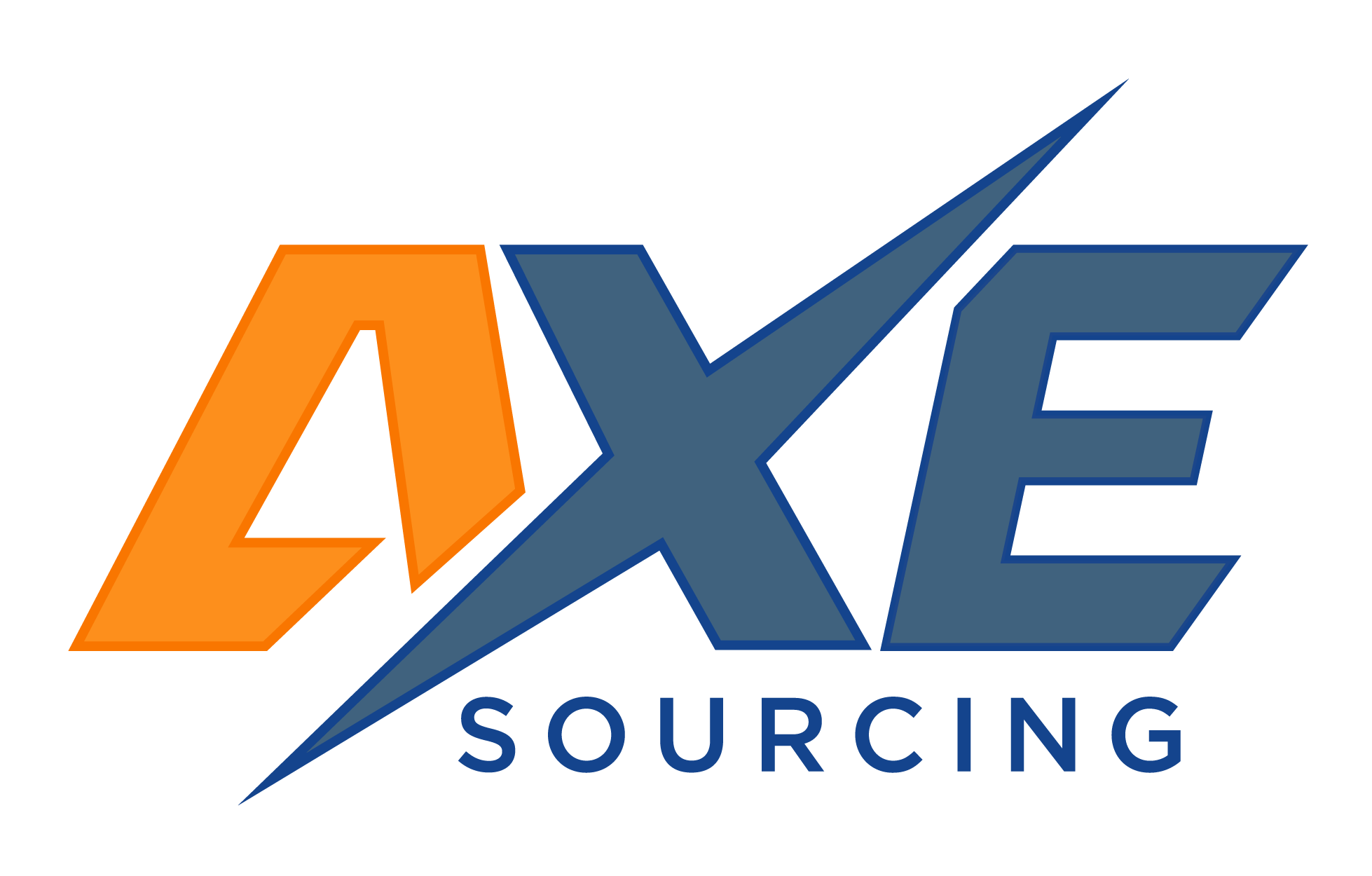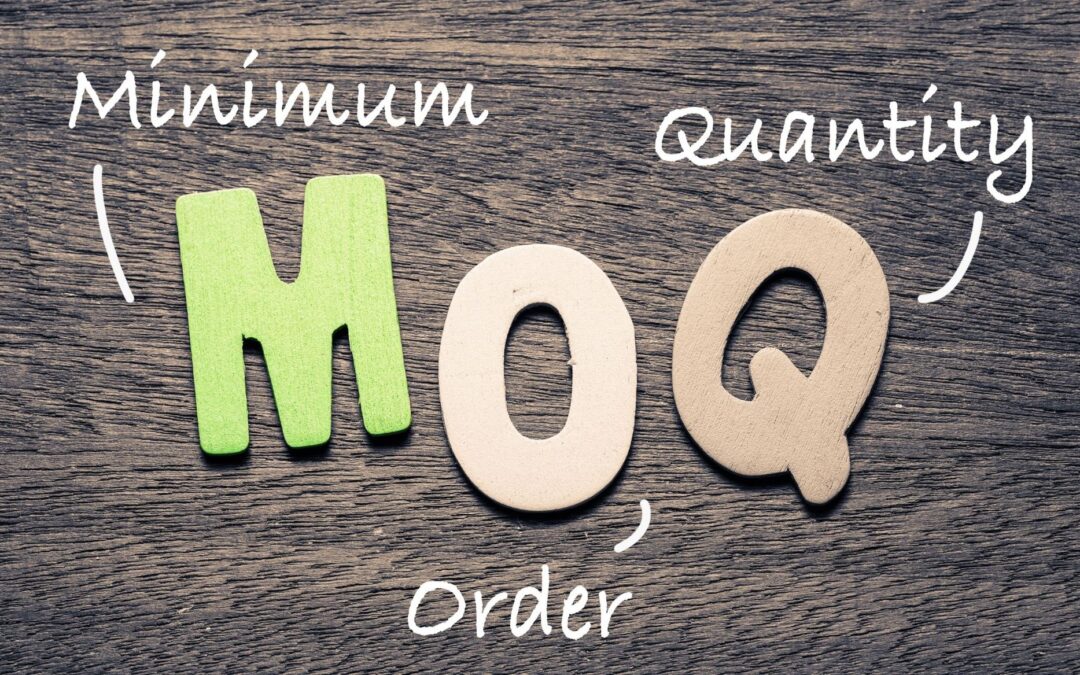Introduction:
Keeping your business inventory in the Goldilocks zone – not too much, not too little – is a delicate dance. Suppliers often throw a curveball into this routine by setting Minimum Order Quantities (MOQs). This guide will unravel the mysteries of MOQs, their benefits, drawbacks, and how you can skillfully navigate this aspect of business to your advantage.
Understanding Minimum Order Quantities (MOQs):
MOQs, or Minimum Order Quantities, are like the secret code suppliers use to maintain their margins and keep the business wheels turning. It’s the minimum number of units or amount a supplier expects you to order at once. Why? Because behind every order, there are production and logistical costs that need covering.
Suppliers, being the savvy business folks they are, crunch the numbers – profit margins, costs, and expenses. They peek into the crystal ball of market demand, set a break-even point, and voila, the MOQ is born.
Why are MOQs important?
MOQs aren’t just hoops for you to jump through; they’re a two-way street. They help suppliers identify partners for the long haul, and for you, they become a key player in managing inventory and costs. Let’s break down the benefits and drawbacks.
Benefits:
- Economies of Scale:
- Suppliers love big orders, and they show their love through discounts. Ordering in MOQs often means lower prices per unit, thanks to bulk discounts.
- Higher profit generation:
- Leveraging quantity discounts can be a game-changer. You score lower unit prices, and your customers get a sweet deal, helping you achieve those profit goals faster.
- Predictable inventory:
- MOQs bring order to the inventory chaos. With set quantities, you can predict stock movements, making inventory planning a breeze.
- Healthy relationship with suppliers:
- Long-term partnerships are gold in business. MOQs ensure a steady cash flow for suppliers, and you get to ride the wave of quantity discounts.
Drawbacks:
- Challenging for new businesses:
- MOQs can be a hefty toll booth for startups with limited capital. It’s like trying to enter a club but being asked for a cover charge you didn’t expect.
- Lower profits:
- Ordering more doesn’t always mean selling more. Over-ordering can lead to shelves full of goods with no buyers, hurting your profits.
- Lost business opportunities:
- Some suppliers might be a dream, but their MOQs can be a nightmare for smaller businesses. Larger players have an easier time meeting these requirements, leaving the little guys searching for alternatives.
Strategies for managing MOQs:
Navigating MOQs doesn’t have to be a headache. Here are some savvy strategies to make them work in your favor.
- Negotiate Strongly:
- Flex those negotiation muscles. Aim for the most competitive unit price within a manageable MOQ. Just be cautious not to sacrifice quality for a lower MOQ.
- Mix and Match:
- Don’t put all your eggs in one MOQ basket. Explore ordering various products from the same supplier to meet the requirement without drowning in excess stock.
- Source from Excess Stock:
- Get creative and tap into surplus inventory. Factories often sell leftover products at a lower MOQ and price. Proceed with caution to avoid getting stuck with faulty items.
- Maintain a Good Relationship:
- Building a positive rapport with your supplier can work wonders. Loyalty, timely payments, and clear communication increase the chances of your supplier accommodating smaller MOQs.
- Enlist Professional Help:
- Sourcing companies are the unsung heroes of MOQ management. They bring expertise, negotiation skills, and industry know-how to the table. Consider tapping into their resources for smoother MOQ negotiations.
Conclusion:
MOQs are a business reality, but with the right strategy, you can turn them into your secret weapon. Negotiate smartly, explore creative solutions, and foster strong supplier relationships. Remember, MOQs are a puzzle – solve it right, and you’ll unlock the door to profitable partnerships. If you’re feeling overwhelmed, reach out to pros like Axesourcing for expert guidance in managing your MOQs and maximizing supplier relationships.

